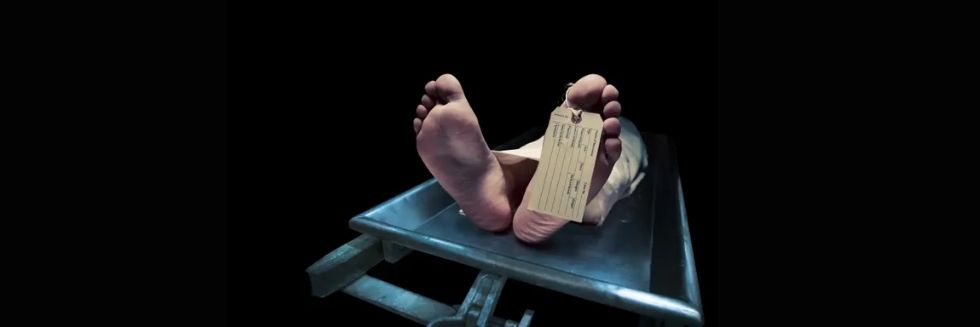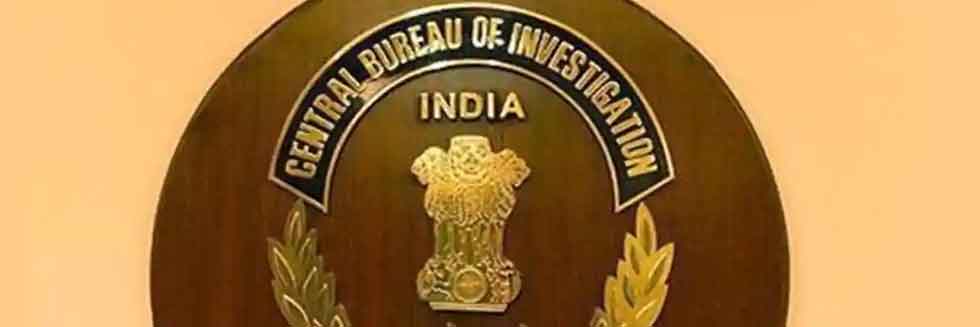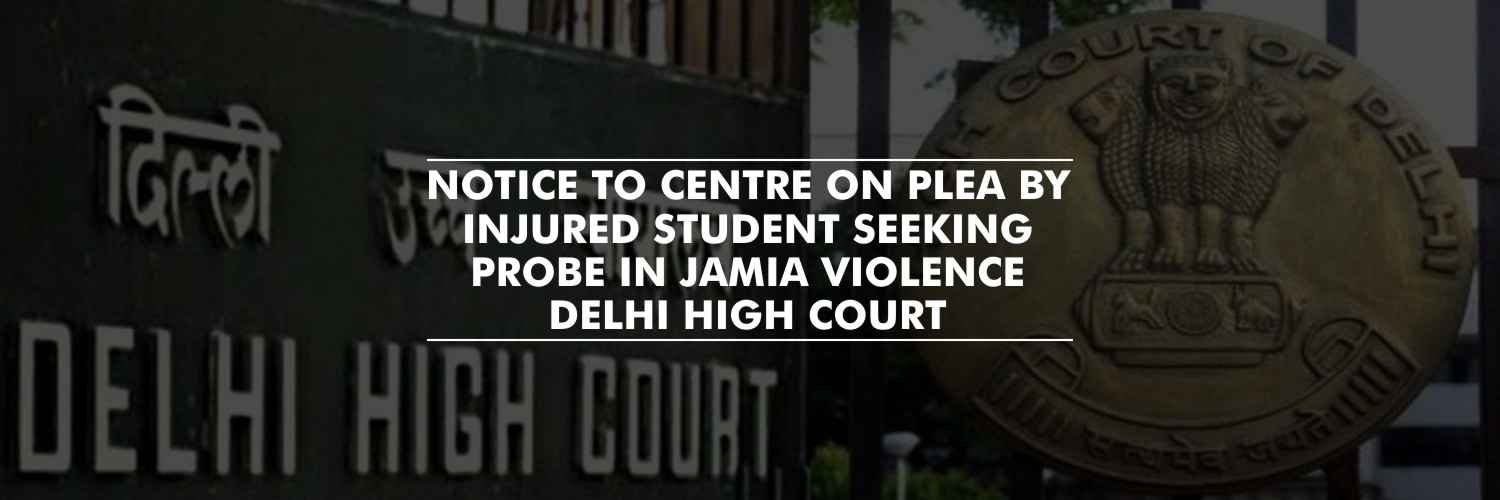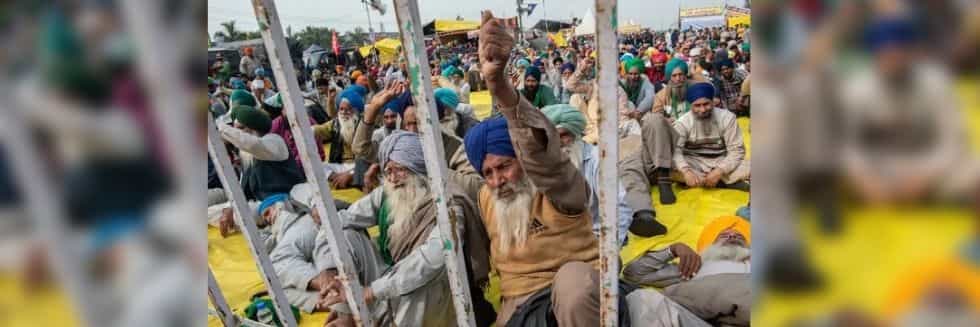Kerala High Court on Thursday directed the state government to provide required facilities and staff in all the government medical colleges to conduct night autopsies in the said institutions.
Justice PV Kunhikrishnan noted that Article 21 of the Indian Constitution will not only apply to a living human citizen but also to a dead body till it is cremated.
“The right to dignity and fair treatment is not only available to a living man but also to his dead body. A decent burial of a dead body of a human being immediately after the death, if intended by the kith and kins of that person is far more important than certain legal formalities to be conducted if it is an unnatural death. The obligation of the State to do the needful in such a situation is paramount,” the court said.
The bench noted that a delay in conducting an autopsy infringes the rights of a dead person and that one of the reasons for the delay was the existing practice of the conduct of autopsy only in daylight.
“The laws of procedure, whether statutory or otherwise cannot be a hurdle for an early burial of a dead body, if the relatives and friends of the dead person requested for the same,” noted the bench.
The bench went on to add, “According to my considered view, it is the duty of the State to complete the legal formalities forthwith if an unnatural death happened. The officials of the Government should hand over the dead body to the kith and kin of the deceased immediately. It is part of the fundamental right of a person under Article 21 of the Constitution of India to live with dignity and the dignity includes not only the dignity of a person when he is alive but also the dignity following his death. A decent burial of the dead body immediately after death without unnecessary delay in completing legal formalities is also a part of the constitutional right.”
“A decent burial… immediately after death without unnecessary delay in completing legal formalities is also a part of the constitutional right. The state cannot say that there is no adequate infrastructure or insufficient staff in the hospitals and there are financial difficulties to create such additional facilities for early completion of legal formalities in unnatural death cases,” said the High Court bench.
In the judgment, it was further added, “No relatives, no politicians, and no well-wishers of the deceased need to stand in queue hereafter in front of the police station or hospitals for an early release of the dead body… The bereaved family can sit in their house… Once an unnatural death has happened, the citizen only has to inform the nearest police station. Thereafter, the state machinery has to conduct the inquest, postmortem, and also to bear the expense for transporting the body from the place of death to the hospital or other places for legal formalities.”





